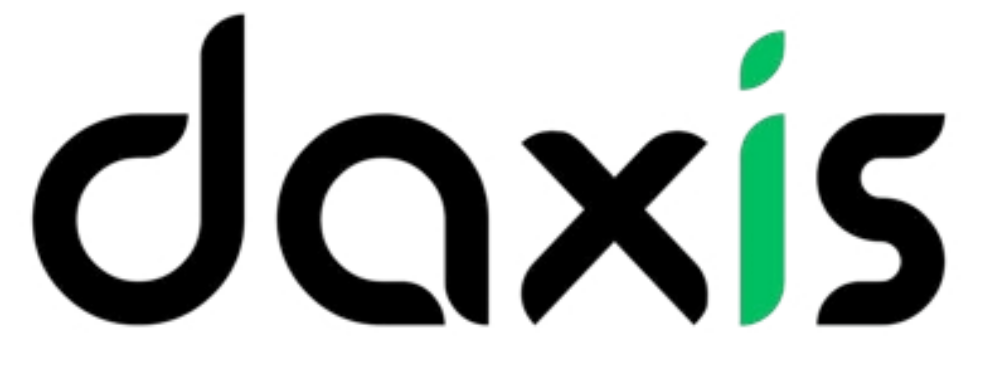In 2025, Human Resources is no longer just about payroll and paperwork. It’s about strategy, employee experience, and business growth. As technology reshapes the workplace, HR leaders are adopting new tools and practices to attract talent, retain teams, and stay compliant.
Whether you’re a small business or an enterprise, here are the top HR trends in 2025 you should watch – and how the right HR software can help you keep up.

1. AI-Powered Recruitment is Becoming the Norm
Artificial Intelligence is now deeply integrated into the recruitment process. HR teams use AI tools to automatically screen resumes, rank candidates based on skills and experience, and even conduct first-round interviews using chatbots or video assessments. This not only saves time but also improves the quality of hires by reducing human bias and allowing for more data-driven hiring decisions. AI is helping companies find the right talent faster, especially in high-volume hiring or competitive industries.
2. Remote and Hybrid Work Models Are Here to Stay
The rise of remote work has permanently changed how HR operates. In 2025, most companies now support hybrid or fully remote teams, and HR departments must manage attendance, productivity, engagement, and compliance across time zones. Cloud-based HR systems are critical, enabling companies to offer flexible schedules, track remote performance, and support employees who are not physically present in the office. This trend is redefining workplace policies and benefits around flexibility, digital collaboration, and mental wellness.
3. Employee Experience is a Strategic Priority
Businesses are shifting from process-driven HR to people-centered HR. Employee experience is now treated as a key success metric—just like customer satisfaction. HR departments are focusing on creating better onboarding journeys, more personalized career development paths, and consistent employee feedback loops. Wellness programs, mental health support, and internal mobility are all part of this broader focus on retaining talent by keeping employees engaged, supported, and motivated throughout their journey with the company.
4. Skills-Based Hiring is Replacing Degree-Based Recruitment
Organizations are moving away from traditional degree requirements and focusing more on what a candidate can actually do. Skills-based hiring evaluates applicants based on practical abilities, certifications, project portfolios, and real-world experience. HR platforms now integrate with learning tools, test platforms, and online credentials to validate these skills. This trend helps companies tap into a broader talent pool while also supporting diversity, equity, and inclusion efforts.
5. HR Analytics is Driving Smarter Decisions
In 2025, HR is no longer guessing. With the help of advanced analytics, companies can track workforce trends, predict turnover, identify burnout risks, and measure engagement in real time. HR dashboards now offer actionable insights into areas like absenteeism, hiring timelines, team morale, and training effectiveness. This data helps HR managers take proactive steps to improve retention, optimize processes, and align talent strategies with overall business goals.








